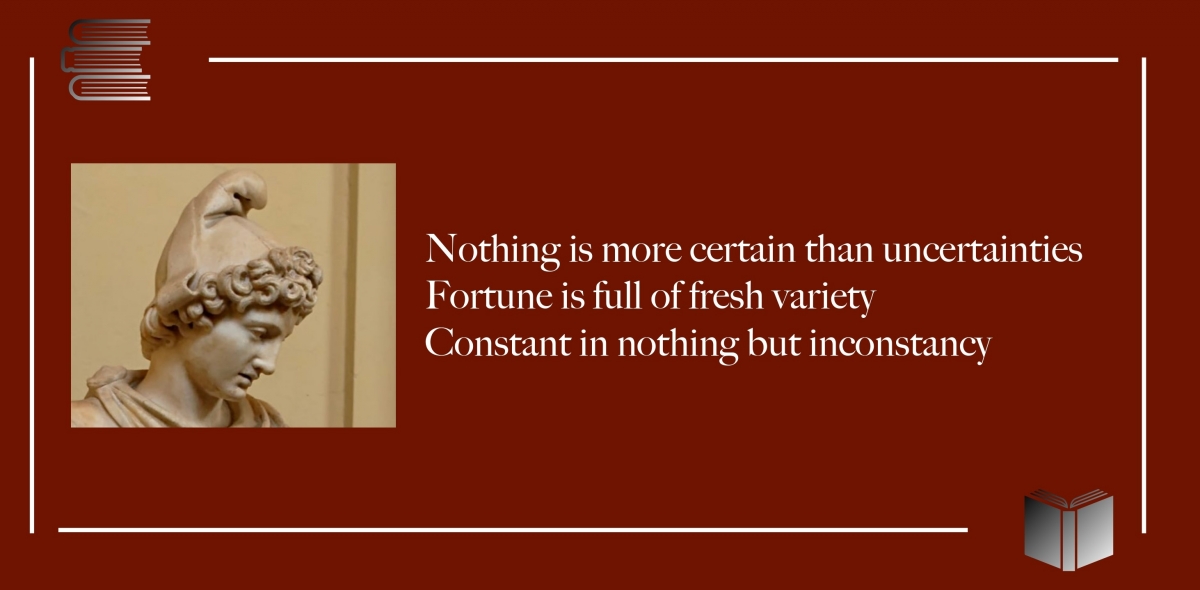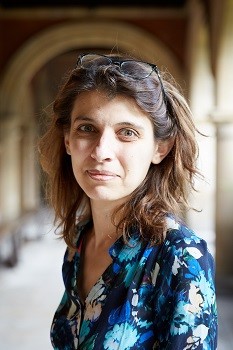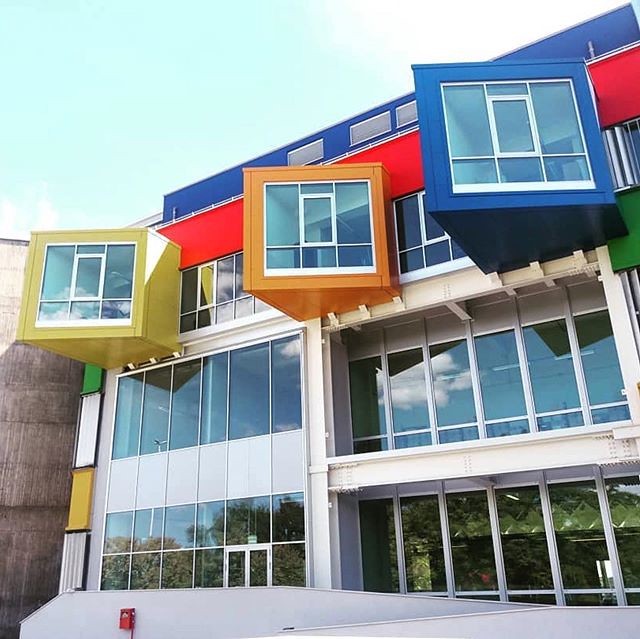
- Description and call for papers
“Living fame no fortune can confound”: Richard Barnfield’s Legacy – Sapienza University of Rome, 9-10 February 2023
Sometimes considered the rival poet in Shakespeare’s sonnets (Daugherty 2010), Richard Barnfield has certainly been one of the most unjustly neglected poets of early modern England, also due to the homosexual and homoerotic content of his best-known works, i.e., The Affectionate Shepherd and the sonnets. Object of growing scholarly attention in recent years, a large part of Barnfield’s eclectic and cultivated poetic output is still vastly understudied.
The aim of this conference is to shed new light on Barnfield’s work, exploring both his poetic achievements and his linguistic contribution to the shaping of early modern English, not underestimating his learned use of sources.
We welcome 20-minute paper proposals on (but not limited to) the following topics:- Re-assessing Barnfield’s canon
- Intertextuality and interdiscursivity in Barnfield’s work
- Barnfield’s relationship with his sources
- Barnfield’s engagement with different poetic genres (sonnets, epyllia, etc.)
- Barnfield’s work within the early modern English literary and linguistic panorama
- Stylistic approaches to Barnfield’s poems
A selection of papers will be proposed for publication in a collection of essays.
Selected bibliography- Borris, K. and G. Klawitter, eds. 2001. The Affectionate Shepherd: Celebrating Richard Barnfield. Selinsgrove: Susquehanna University Press; London: Associated University Presses.
- Clitheroe, F., ed. 1992. The Life and Selected Writings of Richard Barnfield 1574-1627. Newcastle: Lymes Press.
- Daugherty, L. 2010. William Shakespeare, Richard Barnfield, and the Sixth Earl of Derby. Amherst and New York: Cambria.
- Demetriou, T. 2017. “The Non-Ovidian Elizabethan Epyllion: Thomas Watson, Christopher Marlowe, Richard Barnfield”. In Mythological Interweavings in Shakespeare and his Contemporaries, ed. by J. Valls-Russell, C. Coffin and A. Lafont, 41-64. Manchester: Manchester University Press.
- Eriksen, R. 2013. “Marlowe and Company in Richard Barnfield’s Greene’s Funeral (1594)”. Nordic Journal of English Studies 12(2): 71-80.
- Giantvalley, S. 1981. “Barnfield, Brayton, and Marlowe: Homoeroticism and Homosexuality in Elizabethan Literature”. Pacific Coast Philology 16(2): 9-24.
- Grosart, A.B., ed. 1876. The Complete Poems of Richard Barnfield. London: J.B. Nichols and sons.
- Hadfield, A. 2015. “Richard Barnfield, John Weever, William Basse and other encomiasts”. In The Shakespeare Circle: An Alternative Biography, ed. by P. Edmondson and S. Wells, 199-212. Cambridge: Cambridge University Press.
- Klawitter, G., ed. 2005. Poems of Richard Barnfield. New York, Lincoln and Shanghai: iUniverse.
- Massai, S. 2004. “Barnfield, Richard”. In Oxford Dictionary of National Biography, ed. by L. Goldman, online. http://www.oxforddnb.com/view/article/1487.
- Morris, H. 1959. “Richard Barnfield, Amyntas, and the Sidney Circle”. PMLA 74(4): 318-24.
- Morris, H. 1963. Richard Barnfield, Colin’s Child. Tallahassee: Florida State University Studies.
- Deadlines
Please, send proposals of no more than 250 words and a short bio sketch to the three co-organisers at camilla.caporicci@unipg.it, fabio.ciambella@uniroma1.it and cristiano.ragni@univr.it. Proposals should also clearly state your name(s), a working title for your paper and your affiliation(s).
Deadline for proposals: 30th September 2022
Notification of acceptance: by 30th October 2022- Programme
TBA
- Social dinner
TBA
- Keynote speakers
Tania Demetriou

Tania Demetriou is a Lecturer in Drama at the Faculty of English at Sidney Sussex College, University of Cambridge.
Her research focusses on classical reception in the early modern period, especially on the reception of Greek literature in England via European intermediaries and on the interaction between the practices of reading, scholarship, translation, and literary imitation in this period.
In 2021 she co-edited with Janice Valls-Russell, Thomas Heywood and the Classical Tradition (Manchester University Press). She is currently working on a book on the reception of Homer in England, which traces the impact on English literary culture of the early modern rediscovery of Homer’s epics. George Chapman is a recurring focus of the book, alongside figures including Shakespeare, Ben Jonson, Robert Greene, Thomas Watson, Spenser, and Mary Queen of Scots.
Andrew Hadfield
Andrew Hadfield is Professor of English at the University of Sussex. He has taught a variety of undergraduate courses throughout his career at the Universities of Leeds, Ulster, Aberystwyth, Columbia (New York), and Sussex, concentrating on medieval and early modern literature, Irish literature, literary theory and some twentieth-century literature. He has also taught MA courses on Spenser; literature, travel writing and colonialism; and Shakespeare. He is visiting professor at the University of Granada (Spain).
He has worked on literature and Politics in the English Renaissance, especially Republicanism; Spenser and sixteenth-century poetry; Shakespeare; Early Modern Ireland; Travel Writing; National Identity; Colonialism; Britain and Britishness; and life writing. In 2021 he published two books: John Donne: In the Shadow of Religion (University of Chicago Press) and Literature and Class from the Peasants’ Revolt to the French Revolution (Manchester University Press). Most recently he has been co-editing the works of Thomas Nashe.- Organisation
Camilla Caporicci (University of Perugia)
Fabio Ciambella (Sapienza University of Rome)
Cristiano Ragni (University of Verona)- Practicalities
Venue
Room 101 (1st floor), Marco Polo campus, Sapienza University of Rome Address: Viale dello Scalo S. Lorenzo, 82, 00159 Rome (Google Maps directions to Marco Polo campus).
Transport
Main transport stopping near Sapienza Marco Polo building: Buses: 105, 218, 492, 542, 71, 88
Trains: FC1
Underground: A, C
Trams: 19, 3
Suggestions for accommodation (all rated 7,5-9,9 on Booking, from the cheapest to the most expensive in each section)
San Lorenzo/Porta Maggiore area (walking distance to the venue):- Casa Particular 25 Rooms
- Lady D Bed&Breakfast
- Hotel Villa San Lorenzo Maria
- Lele Rooms San Lorenzo
- Hotel Donatello
- Nonna Grazia
- Adelina Guesthouse
- B&B San Lorenzo Termini
Stazione Termini area (take tram 5 or 14, get off at Porta Maggiore then walk to the venue):
- Hotel Leone
- Armonia all’Opera
- Audrey’s Roman Holidays
- Il Sesto Suites Central
- Hotel Serena
- Hotel Chicago
- Hotel California
San Giovanni area (just a few stops with tram 3 to the venue):
- Rome Central Rooms
- Serventi Longhi Rooms
- Alle Porte di San Giovanni Appia 52

